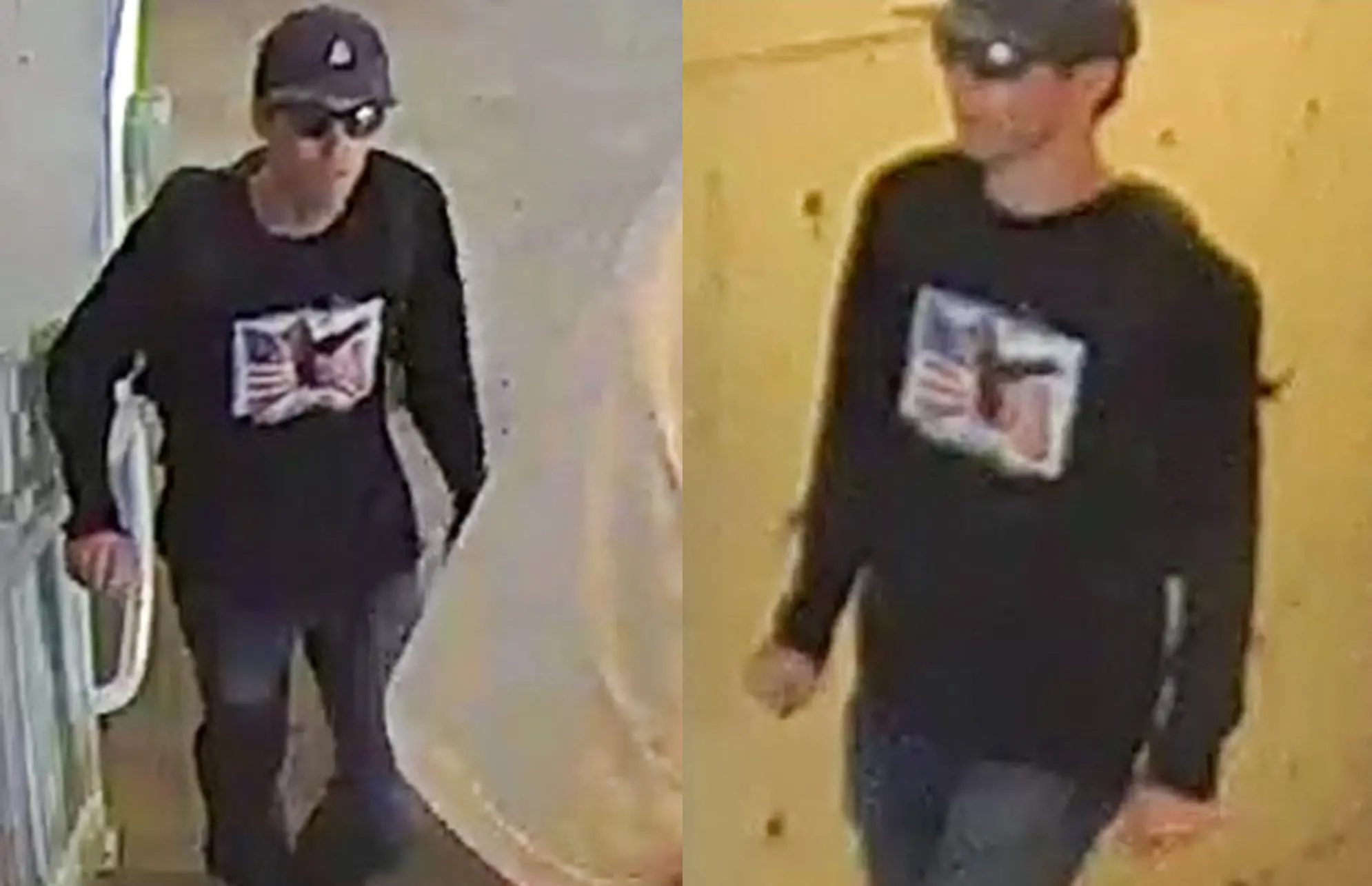With the arrest of a 22-year-old suspect in the killing of conservative activist Charlie Kirk, attention is shifting to whether a relative who helped steer investigators toward the fugitive could be eligible for the seven-figure bounty pledged during the manhunt. The Federal Bureau of Investigation announced a reward of up to $100,000 for information leading to the identification and arrest of the person responsible, while private pledges pushed the total on offer above $1.1 million. There has been no official ruling on a payout, but the FBI’s published rules do not categorically bar relatives from receiving publicly advertised rewards. What matters, under those rules, is whether the information provided by an eligible individual “leads to the identification and arrest” and whether the person is not disqualified—most notably by being a government employee acting in an official capacity. The private money, by contrast, is discretionary and governed by whatever terms the donors set.
Utah authorities say the suspect, identified publicly as Tyler Robinson, was captured after a two-day search that followed the release of surveillance images and a short video showing a figure climbing down from a rooftop near Utah Valley University, where Kirk, 31, was shot during a daytime Q&A on 10 September. Utah Governor Spencer Cox said Robinson is “not cooperating,” while adding that relatives and associates have assisted investigators since the arrest. Those comments reinforced earlier reporting that family help had become part of the investigative picture even as detectives cautioned that motive remains unsettled and forensic work is ongoing.
The reward environment formed quickly after the shooting. The FBI’s Salt Lake City office announced “a reward of up to $100,000 for information leading to the identification and arrest of the individual(s) responsible” and asked the public to submit original photos and videos along with tips. As the manhunt gathered pace, prominent figures on the political right pledged to augment the federal offer, producing a combined sum reported by several outlets as $1.15 million by Thursday evening. That total reflected the bureau’s $100,000 alongside $25,000 each from activists Alex Bruesewitz and Robby Starbuck and a $1 million commitment from billionaire investor Bill Ackman.
For the FBI’s portion, the path to any payout is spelled out in an internal policy directive that governs “publicly advertised rewards.” The policy makes clear that rewards are discretionary, that they are intended for situations where traditional investigative avenues have been exhausted or appear unfruitful, and that the offer is framed around results: identification and arrest (or, in some cases, conviction). Crucially for questions about a family member’s eligibility, the directive lists specific disqualifiers but does not include a blanket prohibition on relatives. Among the explicit exclusions is one that bars “an officer or employee of a governmental entity” from receiving a reward for information provided as part of official duties. The policy also requires escalating layers of review and approvals before funds are authorized, including concurrence from the Attorney General for payments of $250,000 or more.
